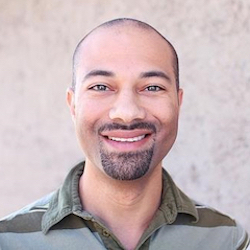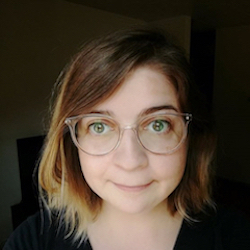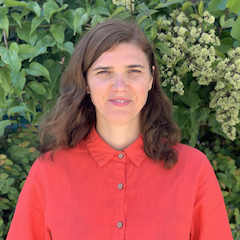Capturing identity salience and impact in demographic data for DEI in STEM


This project will use ethnographic data to produce recommendations for demographic collection practices, allowing individuals to better self-identify and highlight components of their identity and experiences that are important to them. More accurate demographic characterization is expected to enable improved research on individuals’ experiences in STEM and in general.
Maria Goldshtein is a postdoctoral fellow at the Ira A. Fulton Schools of Engineering at Arizona State University working on inclusive language analytics. Her background is in psycholinguistics, researching variance and individual differences in human language processing.
Dr. Rod D. Roscoe is an Associate Professor of Human Systems Engineering (HSE) in the Ira A. Fulton Schools of Engineering at Arizona State University. His research brings together principles of learning, computer science, human-centered design, and equity to inform the effective implementation of educational technologies (e.g., automated writing evaluation and educational games). He recently co-edited a volume on inclusion and equity in HSE and has written about representation, belonging, and journeys in STEM fields.


